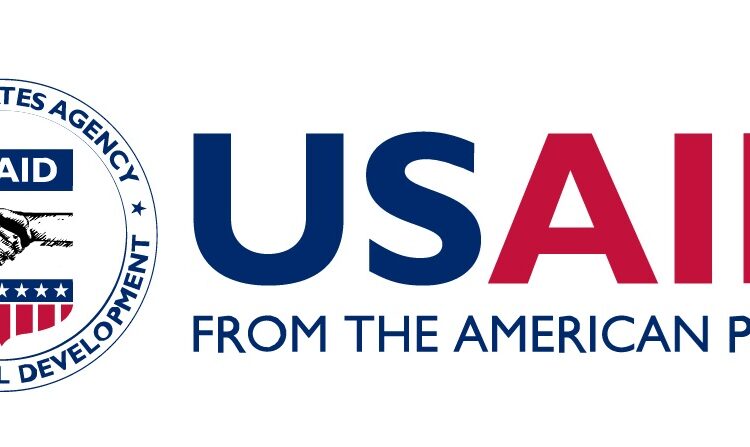United States Agency for International Development (USAID) State Accountability, Transparency and Effectiveness Activity (State2State) Nigeria and the Ebonyi State Ministry of Information and State Orientation are collaborating to advance information management practices in the state.
The collaboration according to the agency is aimed at fostering transparency and efficiency in line with communication best practices.
The State2State communication expert, Mrs Nneka Egbuna and the state commissioner for Information
and State Orientation, Mr Jude Okpor made the disclosure during a 3-day workshop held at the USAID State2State Office in Abakaliki.
Addressing the participants, Mrs Egbuna said that the workshop among other things is aimed at developing a Standard Operating Practice, (SOP) which will assist Public Relations Officers (PROs) and Area Information Officers (AIOs) from various Ministries, Departments, Agencies (MDAs) in ensuring efficient and effective information dissemination.
She noted that before now, there are challenges confronting the PROs and the AIOs adding that the problem has drastically affected the efficiency and professionalism among the information officers.
“The significance is that it’s going to provide the opportunity for Information Officers from the Ministry of Information and State Orientation to do their work in line with clear guidelines.”
She urged the state government to ensure the adoption of the SOP as a working document while the participants must make judicious use of the document.
In a keynote address, the state commissioner for Information and State Orientation, represented by the acting permanent secretary, Mr Egwu Anya Nkama, commended the agency for the efforts in fostering an environment conducive to the professional development of the Ministry of Information’s officers.
He noted that the workshop has provided information officers with the unique opportunity to contribute to the development of the “Standard Operating Procedure” a document that would ensure efficiency in information management.
“This is the first-time information officers are given the opportunity to develop a working document they are going to use, which is called the Standard Operating Procedure.”
A participant, the head of department, Film and Public Enlightenment, Mr Eugene Ebenyi, commended the initiatives and called for continuous training, equipping and recognition of the information officers adding that such gesture will ensure that information officers remain committed to the discharge of their duties.











